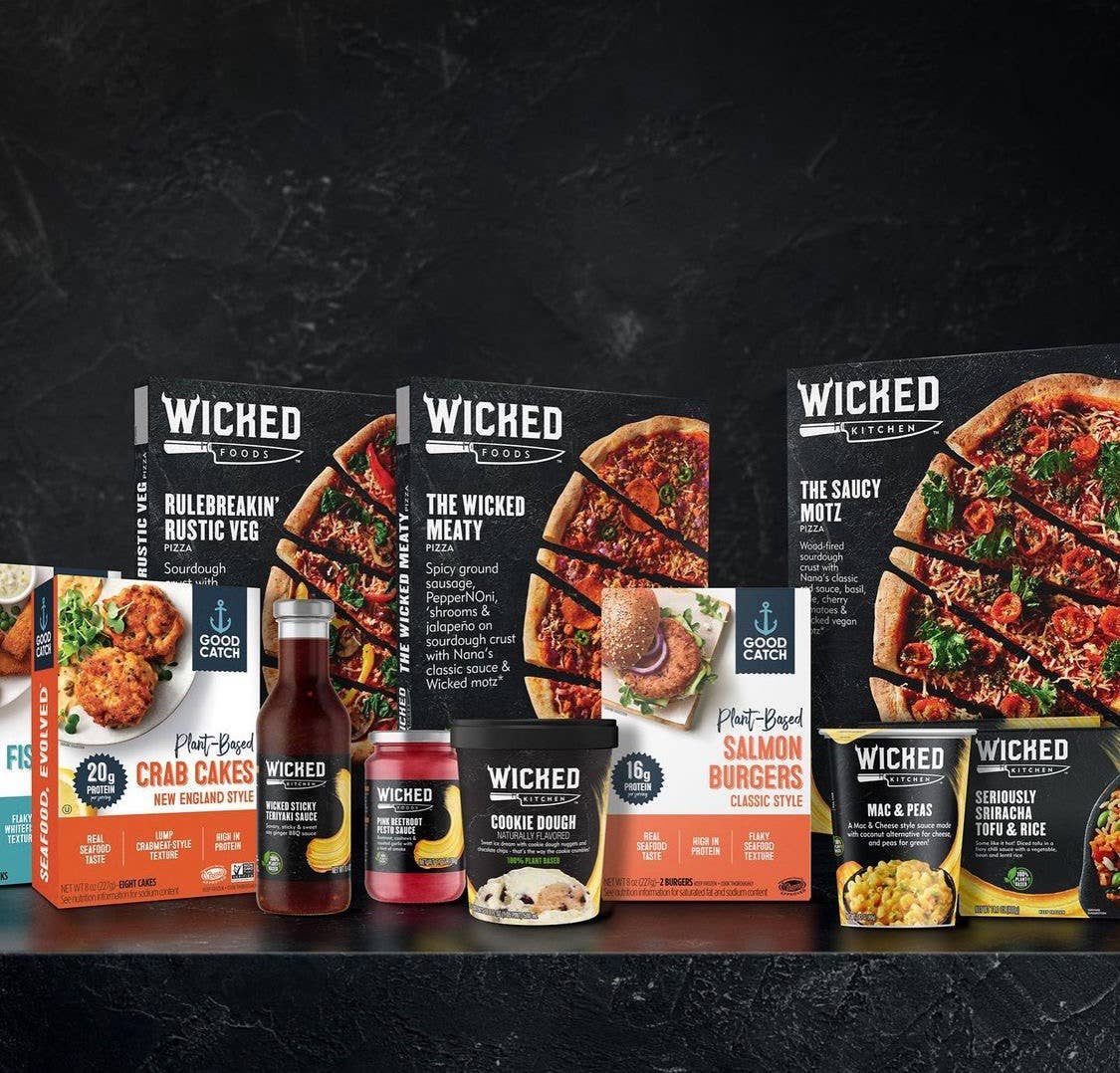
Oatly IPOs on the NASDAQ, Valued at $10 Billion, and Oat Milk Lovers Go Wild
Oatly’s long-awaited IPO hit the market and even at a tremendous valuation of $10 billion the stock price lept as oat milk lovers flocked to own a piece of their favorite plant-based milk and ice cream company. The oat milk giant gained immense, widespread popularity within the US, from local coffee shops to national brands carrying the brand's dairy alternatives. Oatly will be offering almost 84.4 million shares at potentially $17 a share. Hargreaves Lansdown announced today that the oat milk company will finally begin its trading later today.
Backed by the Blackstone Group, Natalie Portman, Jay-Z, and Oprah Winfrey, the Swedish company has secured substantial investments over recent years. Now, UK investors will be able to buy shares in the company for the first time.
In an Instagram post, the brand shared its excitement for its IPO, saying, "As of today you can support the Post Milk Generation by buying a carton of non-dairy frozen dessert or by buying a couple of shares of OTLY. Or both. The real significance of public ownership day however is that we will be able to build the factories we need so you don’t have to write to us every week asking why there isn’t enough Oatly to go around. And that we can continue to create amazing new plant-based products that help us turn the corner on climate change and keep this planet available for those of us yet to be born."
Consumer demand for oat milk is increasing at a rapid pace, making Oatly’s entrance into the stock market significant. The plant-based milk market has seen a surge in consumer interest, leading Oatly to build another US located factory to meet demand. After Starbucks nationwide faced an oat milk shortage, it became clear to the company and consumers oat milk’s massive market presence.
“Generation Z and Millenials will become the dominant global generations in the coming years, bringing to the market a new set of values and expectations,” the company said in a statement. “These combined factors are driving a clear rapid, accelerating growth and influx of new consumers to the plant-based dairy market.”
More From The Beet






